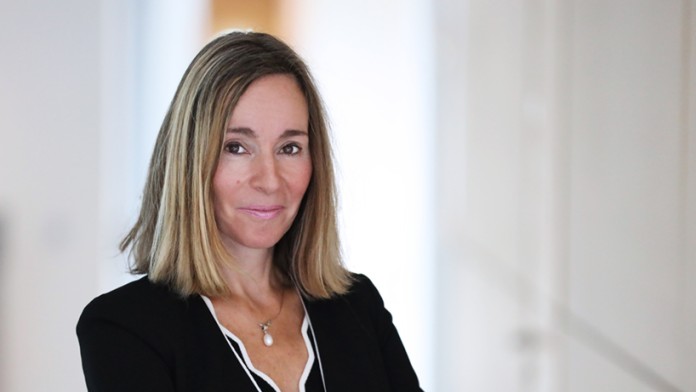Press Release from 2020-12-03 / Group, KfW Development Bank
Preventing a generation from going without educational opportunities: KfW supports children and young peogle in Rohingya refugee
- EUR 8.5 million provided to UNICEF
- Up to 69,000 children and young people benefiting from education and youth welfare measures
- Better future prospects for children and young adults
KfW is supporting the United Nations International Children’s Emergency Fund (UNICEF) with EUR 8.5 million on behalf of the German Federal Ministry for Economic Cooperation and Development (BMZ). The funds are being used for education and youth welfare measures for up to 69,000 children, young people and young adults in Rohingya refugee camps in southeastern Bangladesh’s Cox’s Bazar district and the surrounding communities. The project includes developing lessons for years 6–12 and supporting pupils by providing learning materials as well as training and educating teachers. There are also welfare measures for children and youth from ages 10–24, which will help protect them from violence, child labour and abuse.
Promoting the education sector has the potential to combat drug abuse, early marriage and worker exploitation at the refugee camp in Cox’s Bazar. At the same time, the measures are intended to support disadvantaged social groups in a targeted manner, particularly girls and people with disabilities.
“The children, youth and young adults who are part of the refugee Rohingya minority that fled to Bangladesh will receive an education, which will give them prospects for the future. This way, we can prevent a generation from going without educational opportunities,” says Dr Günther Bräunig, Chief Executive Officer of KfW.
The initiative is the continuation of a previous project with UNICEF started in 2017, which established over 400 learning and training centres in the refugee camps of Cox’s Bazar and was already supported by KfW with a total of EUR 34 million. Further projects are planned for 2021, which will support solid waste and wastewater management and create protective structures to guard against flooding due to extreme weather.
The district of Cox’s Bazar is one of the poorest regions in Bangladesh. Since August 2017, around 715,000 Rohingya have been displaced from Myanmar and now live in Cox’s Bazar. Most of the displaced Rohingya are children, youth and young adults, who make up 75% of the population.
More information on KfW Development Bank is available at: www.kfw-entwicklungsbank.de/en


Share page
To share the content of this page with your network, click on one of the icons below.
Note on data protection: When you share content, your personal data is transferred to the selected network.
Data protection
Alternatively, you can also copy the short link: kfw.de/s/enkBbm2w.CXTA
Copy link Link copied